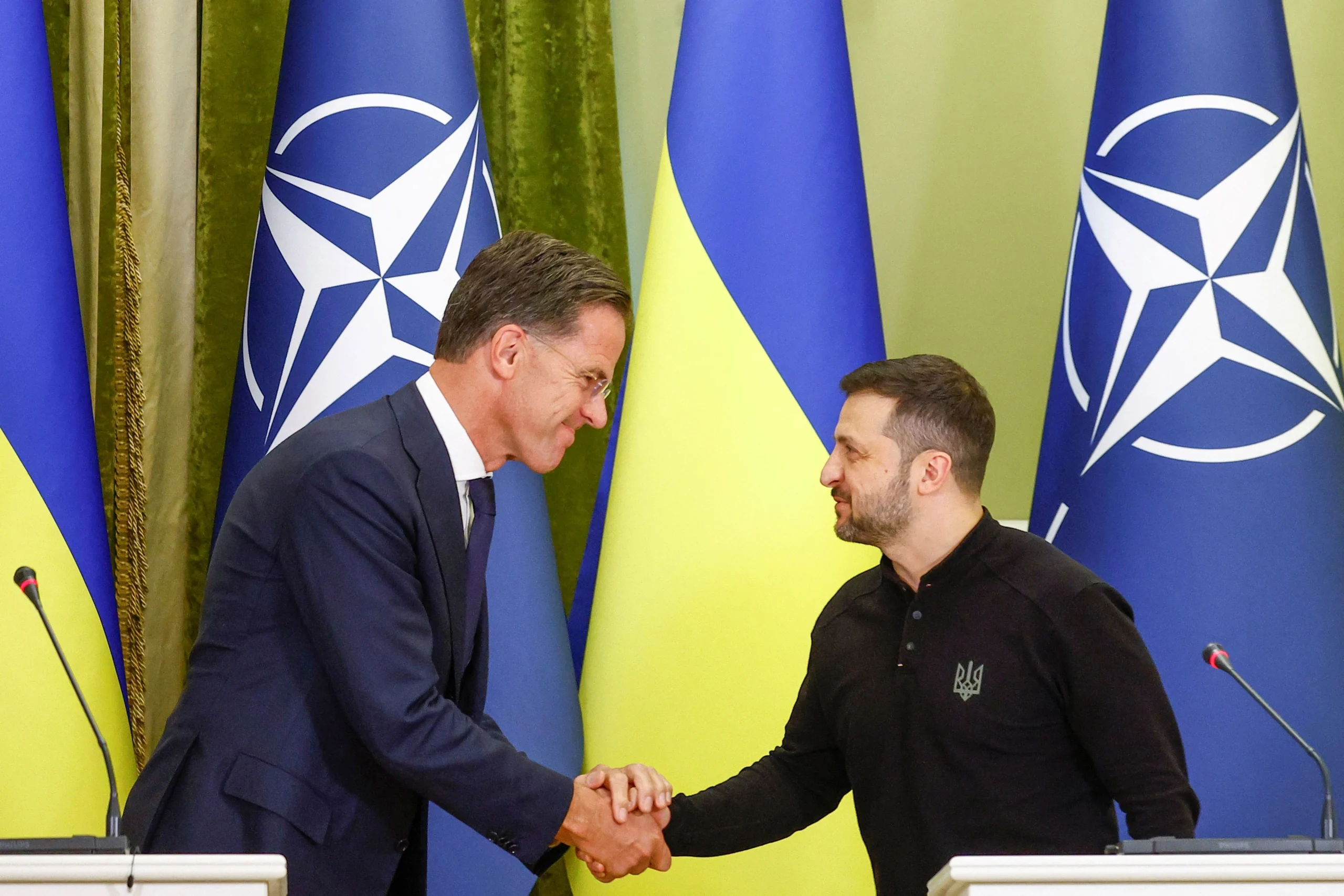Font size:
Print
CBI
Context:
Recently the Supreme Court referenced the “caged parrot” phrase while granting bail to Delhi Chief Minister Arvind Kejriwal in a case related to alleged irregularities in the Delhi liquor policy. He emphasised the need for the CBI to operate as an independent agency, free from political influence.

Background of “caged parrot”:
- In 2013, Justice R M Lodha used the term “caged parrot” to describe the CBI in the context of the Coalgate scandal, alleging political interference in the agency’s investigation.
- This remark came after it was revealed that the agency had shared its draft investigation report with government officials and made changes as suggested by them. The term was intended to highlight concerns over the CBI’s lack of independence from the political executive.
Establishment of CBI
- Formation: Established in 1963 by a resolution of the Ministry of Home Affairs, later transferred to the Ministry of Personnel.
- Origins: The Special Police Establishment (1941) was merged into CBI.
- Legal Basis: CBI derives its powers from the Delhi Special Police Establishment Act, 1946.
- Recommendation: Established following the recommendations of the Santhanam Committee on Prevention of Corruption (1962–1964).
Organisation Structure
- Leadership: Headed by a Director, with assistance from a special or additional director.
- Divisions: Originally six divisions, now seven, including Anti-Corruption, Economic Offences, Special Crimes, and Central Forensic Science Laboratory.
Appointment and Tenure of Director
- Appointment: Director appointed by a committee comprising the Prime Minister, Leader of Opposition in Lok Sabha, and Chief Justice of India (or nominee).
- Security of Tenure: Director has a two-year fixed tenure under the CVC Act, 2003.
Landmark Supreme Court Ruling (2014)
- Prior Sanction Invalid: The Supreme Court invalidated the legal provision requiring prior approval for investigating senior bureaucrats under the Prevention of Corruption Act.
- Equal Treatment under Article 14 : The ruling emphasised no special protection for senior bureaucrats, ensuring equal treatment under the law.
CBI vs National Investigation Agency (NIA)
- CBI: Investigates corruption, economic offences, and organised crimes.
- NIA: Focuses on terrorist activities and related crimes, formed post-2008 Mumbai terror attacks.
CBI vs State Police
- Concurrent Powers: The CBI’s Special Police Establishment (SPE) shares powers with state police but focuses on Central Government-related cases.
- Administrative Arrangements: CBI handles cases involving Central Government affairs, while state police focus on state-related cases.



